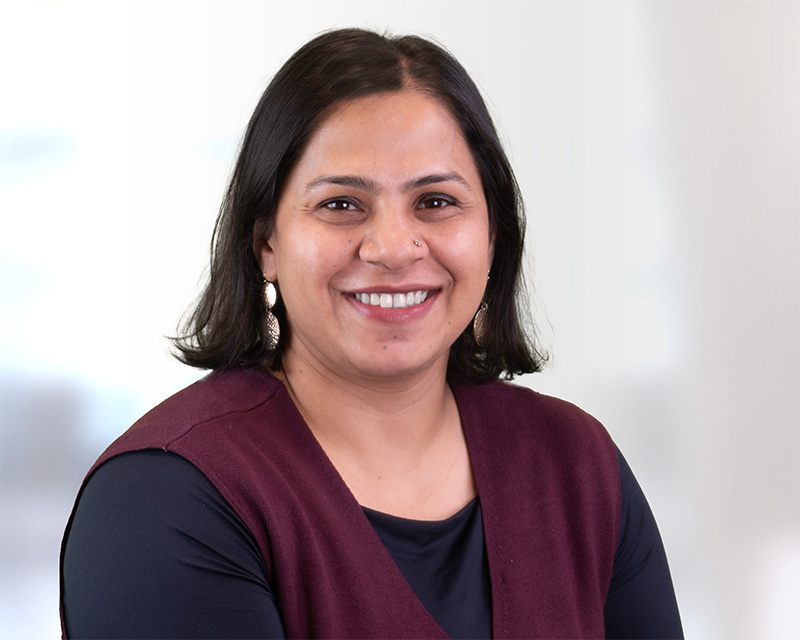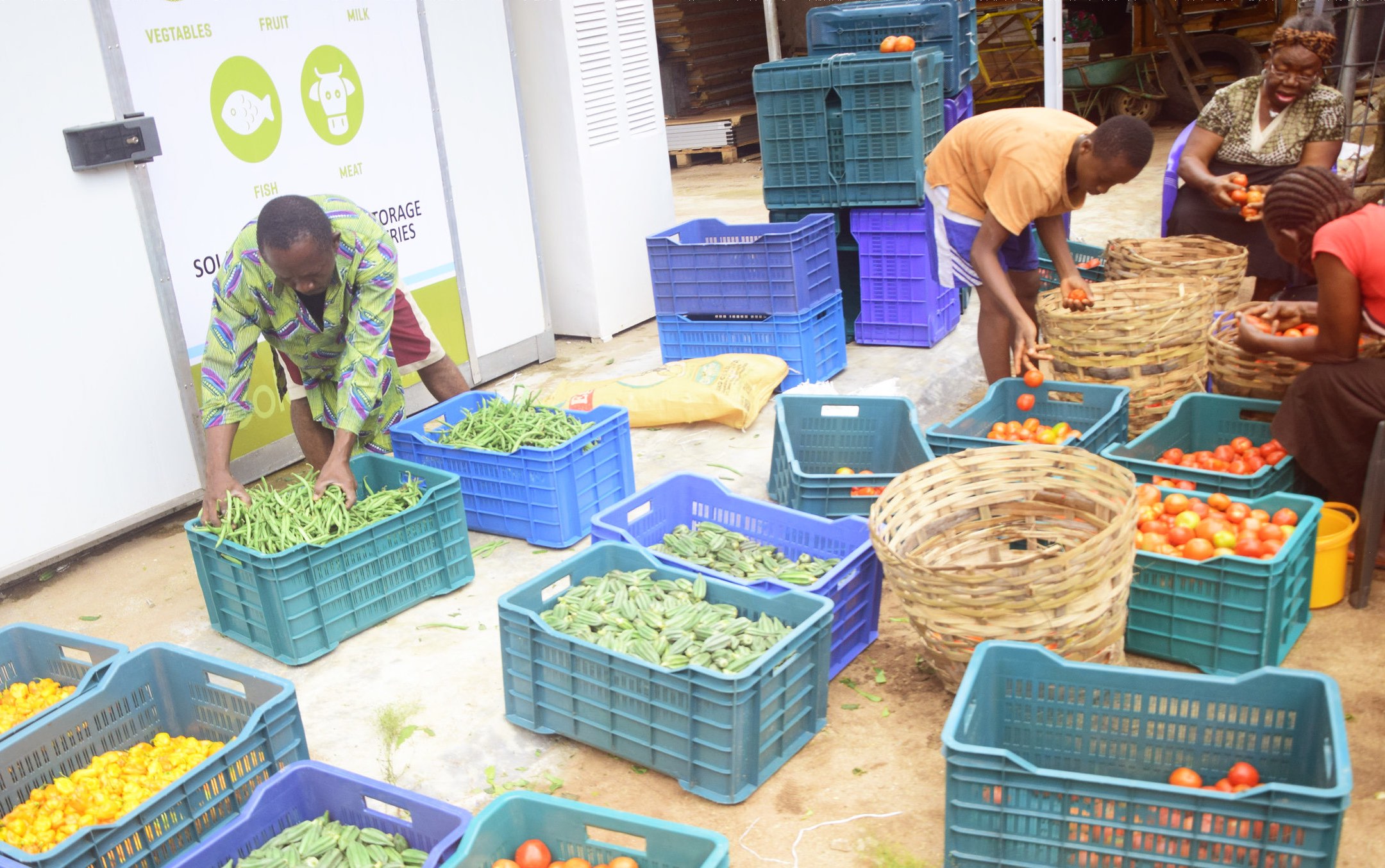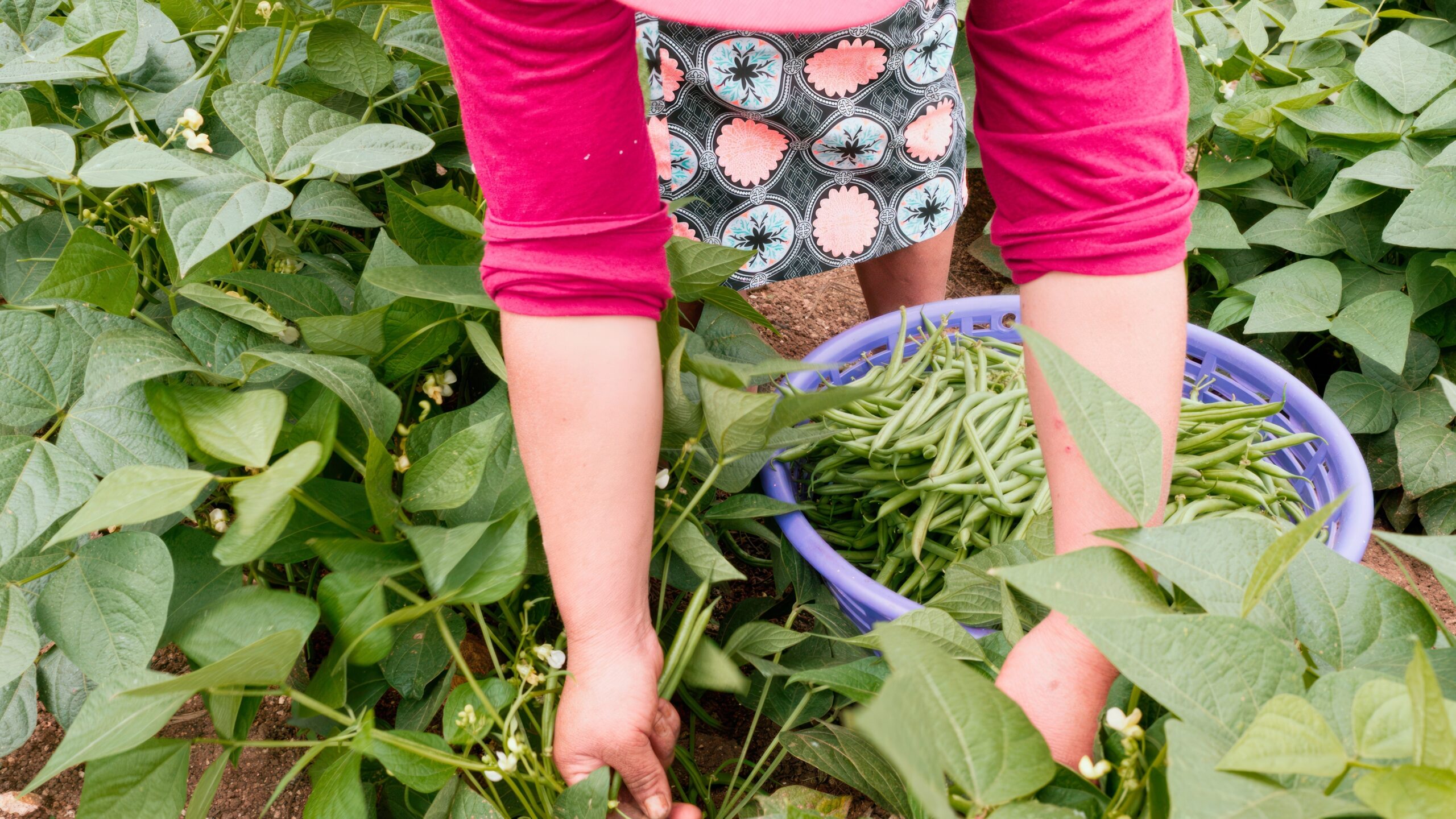One in a series of guest blog posts from leading voices in global development on achieving long-term sustainability and growth while ending hunger, poverty, and malnutrition.
For the young tomato farmer from Kano in northern Nigeria, Ahmed, the clock starts ticking the moment he harvests a few bucketsful of tomatoes. He is concerned about selling them before they start rotting. He hands over his produce to Eugene, who transports it in a rickety blue van over the next 14 hours to a central wholesale and retail market in south Nigeria. The rear of the non-air-conditioned van is stuffed with recklessly stacked round wicker baskets full of fresh vegetables.
Nnaemeka C. Ikegwuonu
By the time the tomatoes reach the wholesaler, Alex, it’s a blistering 90 degrees Fahrenheit. Alex tries to keep the tomatoes fresh by covering them with leaves. However, that isn’t much help, and at the end of the day the tomatoes—now rotting—are thrown away if Alex is not able to sell them for a mere $10-15 per basket, significantly lower than the $60 they would have fetched in the morning, or $30 in the afternoon.
I met Ahmed, Eugene, and Alex in my travels through 3,000 villages and communities across Nigeria; the problems they face are, unfortunately, all too common. In Nigeria, 45 percent of food spoils due to lack of cold storage, causing 93 million small farmers to lose 25 percent of their annual income, one study showed. In Africa south of the Sahara, such food losses amount to an estimated nearly 123 million metric tons annually. Around Nigeria, I found that unlike the United States and Europe, where farmers have access to huge refrigerated warehouses and cold chains are maintained to the point of sale, cold refrigeration is virtually nonexistent in farms and marketplaces.
Most refrigeration technologies are not rugged enough to withstand the harsh conditions of rural Nigeria; power grids are not capable of delivering reliable energy; and most equipment is too costly for the average farmer to purchase. These challenges prompted us to come up with a solution uniquely tailored to the local context, leading to the establishment of a social enterprise: ColdHubs.
ColdHubs are walk-in, solar-powered cold stations that provide uninterrupted storage and protection for produce, installed in farms and marketplaces where there is a need for refrigeration. These units extend the shelf life of fresh produce from 2 to 21 days, while also providing employment to women—two per cold hub—who manage their operations.
Fresh fruits and vegetables are placed in open stackable plastic crates inside each refrigeration unit. Customers pay $0.50, or nearly 100 Nigerian Naira, per crate per day of cold storage. In the future, we hope to utilize the excess solar power these facilities generate to provide internet hotspots with a range of up to 500 meters. These hotspots could help further connect rural farmers to markets and provide additional source of revenue to operators.
So far, in the last two years, with five operational cold hubs, nearly 5,800 tons of fruits and vegetables have been saved from spoilage, and more than 300 farmers, retailers and wholesalers have nearly doubled their monthly income.
Filling this gap in the supply chain is not without its own set of challenges. One of biggest is educating farmers, retailers, and wholesalers on the advantages of using refrigeration and changing the way they traditionally operate. We followed a two-pronged approach: First, we offered free trials to store produce in our cold rooms. Second, we focused on education, developing illustrated booklets in local languages to educate our potential customers on post-harvest best practices and on the financial benefits of utilizing cold storage. Market attendants also continually educate and engage with cold hubs users to bring them up to speed.
Securing our equipment against theft and running an all-cash business also pose challenges. But we have also been able to initiate some reforms in operational practices, entering into Memorandums of Understanding (MoU) with local market unions and their heads; and working with local and state governments to obtain clear agreements on rental land allocated to cold hubs.
Holding jobs as a pineapple and cucumber farmer and then as a radio journalist, and now running a social enterprise to plug a gap in the food systems supply chain, I have encountered numerous challenges and learned a lot along the way. The agricultural landscape in Nigeria offers many such opportunities to young agriculturists and agripreneurs to enter the fray and fix systems where they see them broken.
Nnaemeka C. Ikegwuonu is a farmer, radio presenter, social entrepreneur and founder/CEO of ColdHubs.







